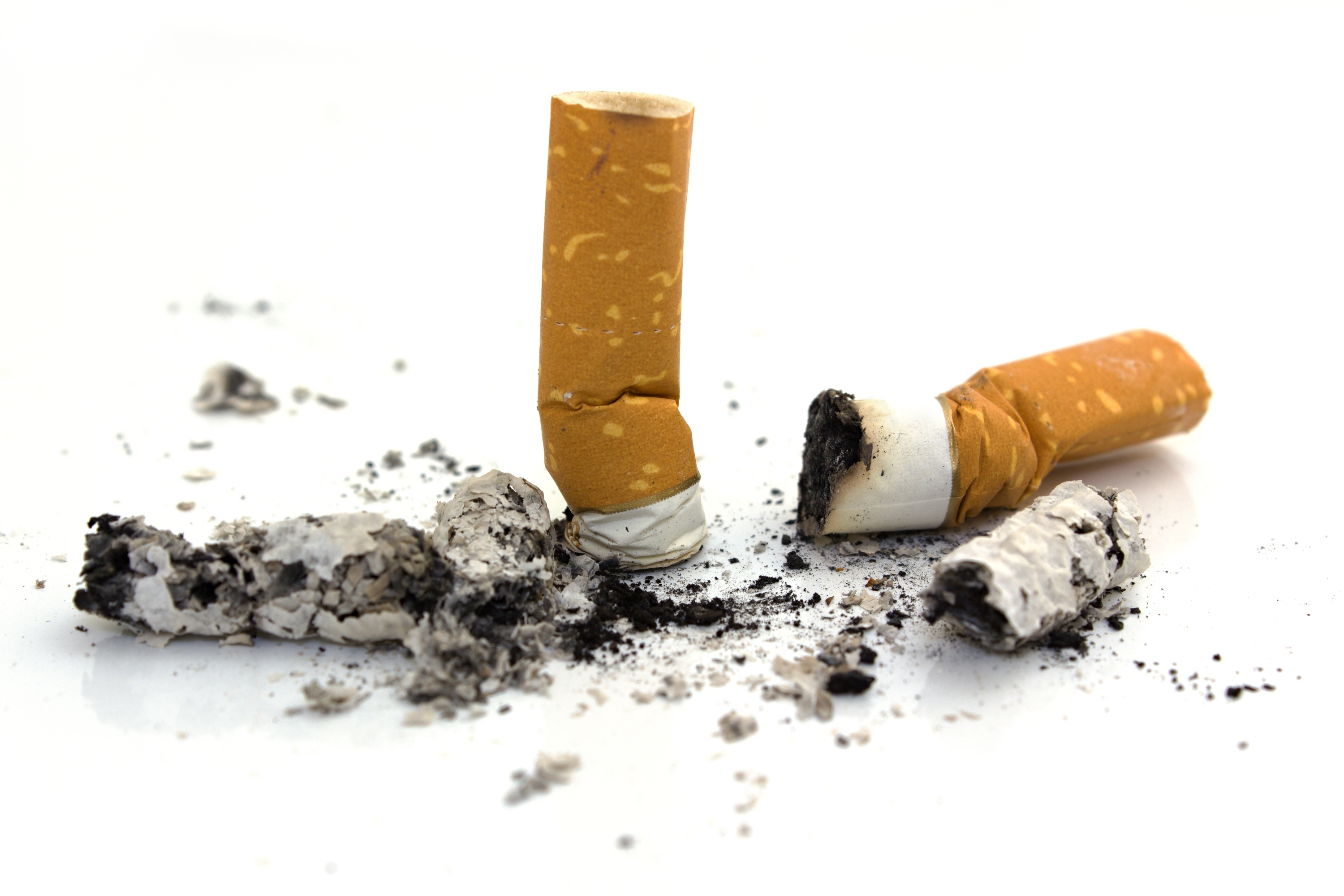VIDEO
This story is featured in today's TimesFreePress newscast.
To stop the kids from smoking, it's going to take money - specifically, money from you, faithful smoker. That's the message from the World Health Organization, which released a "Report on the Global Tobacco Epidemic" on Wednesday. The report examines how countries fight tobacco use by doing things like putting warning labels on cartons and preventing cigarette companies from advertising their products.
But perhaps the most important element in preventing tobacco use, according to the report, is an increase in tobacco taxes. Increasing the tobacco tax rate by 10 percent will reduce use in wealthy countries by 4 percent, according to the report. In middle- and low-income countries, the rate will decrease by 8 percent.
And what's more, the report argues, a tax increase will prevent many teenagers -- who rarely have much spending money -- from getting hooked on cigarettes in the first place.
Around the world, only 32 countries have "sufficiently high tax rates." The United States is not one of those countries. And in this country of noncompliance, this area is among the worst.
In addition to the $1.01 federal tax on each pack of cigarettes, smokers in Tennessee pay a 62-cent state tax. That's 39th-highest in the country. Smokers in Georgia pay 37 cents per pack to the state. That's 48th.
Still, though, many local politicians do not support an increase.
A spokesman with Georgia Gov. Nathan Deal's office said, "The governor is against raising taxes, period."
In Tennessee, Gov. Bill Haslam's office echoed that sentiment. A spokesman said the governor is taking other measures to curb tobacco use. He pointed out eight billboards posted across the state in April that promoted the Tennessee Tobacco QuitLine, as well as the state's support in May of a national campaign aimed at encouraging people to ask doctors about how to quit smoking.
Cade Cothren, the press secretary for Tennessee's House Republican Caucus, said he doubts conservative state representatives will want to raise the cost of cigarettes.
"When it comes to tax increases in general, that's going to be something we are weary of," he said. "At the end of the day that may be a good idea because the effects of cigarette smoke are far-reaching. There is no question. But that is something we are going to have to study on this matter."
Danny McGoldrick, the vice president of research at the Campaign for Tobacco-Free Kids, said he often hears that argument from lawmakers who are nervous about charging residents more money.
"The word 'tax' scares a lot of politicians," he said. "But we know from our polling that most of the population supports a tobacco tax increase."
Specifically, members of McGoldrick's organization point to a 2010 poll of 847 registered voters conducted by International Communications Research. The poll found that 67 percent of voters favor a $1 increase in their state tobacco tax rate.
During a poll in Tennessee in 2006, 38 percent of Republicans said they would favor a Democratic politician who supported a tobacco-tax increase instead of a conservative who did not. Flip the script, and 36 percent of the state's Democrats would support a Republican.
On Wednesday evening, Matt Jeffery walked toward Market Street with a friend, a cigarette in Jeffery's hand. He smokes about a pack a week, and he would not mind if the tax increased.
"It's really low," said Jeffery, 25. "But it balances out with our Sin Taxes. We have way too many alcohol taxes. So I guess it cancels out."
Chris Smith, who was visiting the Tennessee Aquarium while in town from Atlanta, agreed that a tax increase could be good.
"It's a health hazard," she said of smoking. "It's costing more in the long run."
The Campaign for Tobacco-Free Kids and the American Cancer Society argue that a $1 increase in the state's cigarette tax rate would, in five years, save Tennessee about $50 million in health care costs. The report is based on information from the U.S. Centers for Disease Control and Prevention.
The increase would cause some to stop smoking, decreasing their odds of going to the hospital. And, for those who don't kick the habit, the state would get more money in tax revenue -- about $282 million each year.
Contact Tyler Jett at tjett@timesfreepress.com or 423-757-6476.

